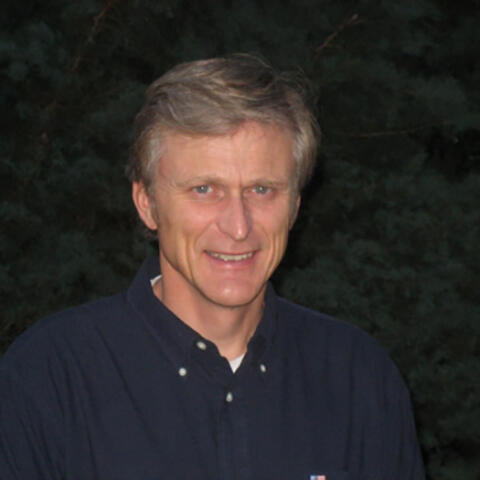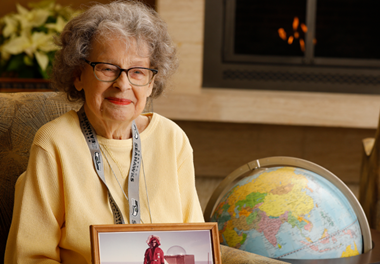
Remembering Irene C. Peden
Peden was the first woman to earn a doctoral degree in electrical engineering from Stanford University
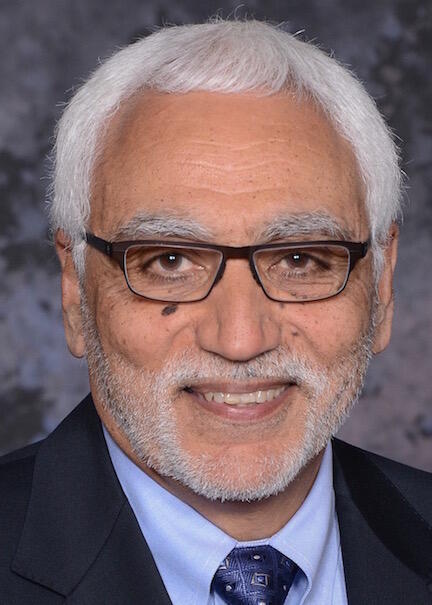
Abbas El Gamal wins 2025 Great Arab Minds Award
Great Arab Minds (GAM) award celebrates El Gamal's global achievements
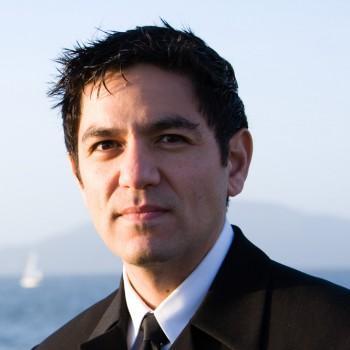
Benjamin Van Roy receives Morse Lectureship Award from INFORMS
The 2025 Philip McCord Morse Lectureship Award is awarded to Benjamin Van Roy
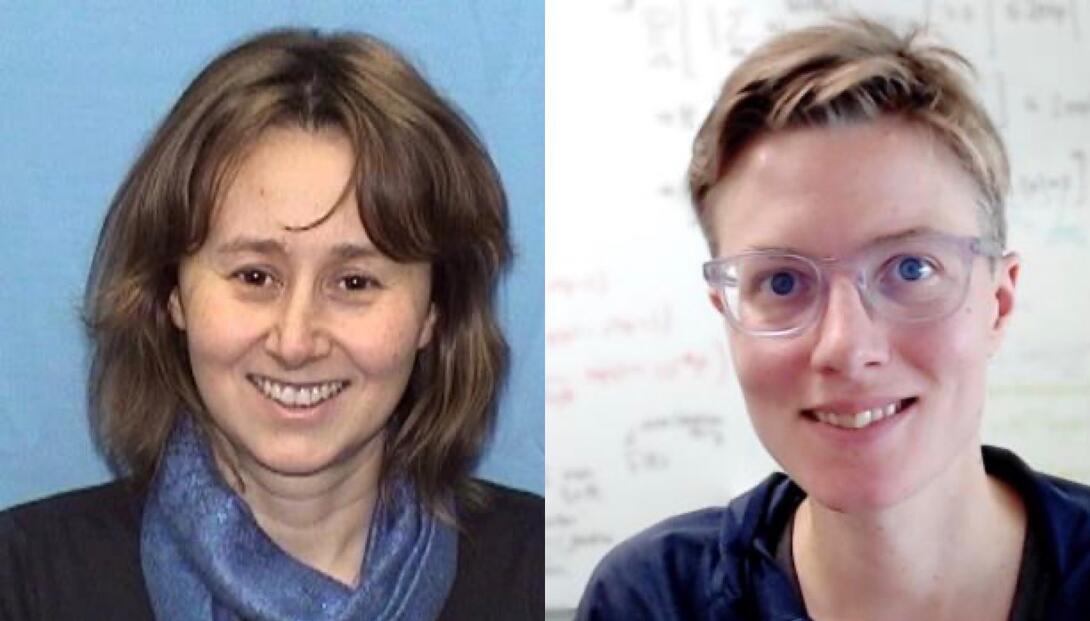
Ayfer Ozgur and Mary Wootters are 2025 Bass Fellows
Stanford announces 2025 Bass Fellows in Undergraduate Education
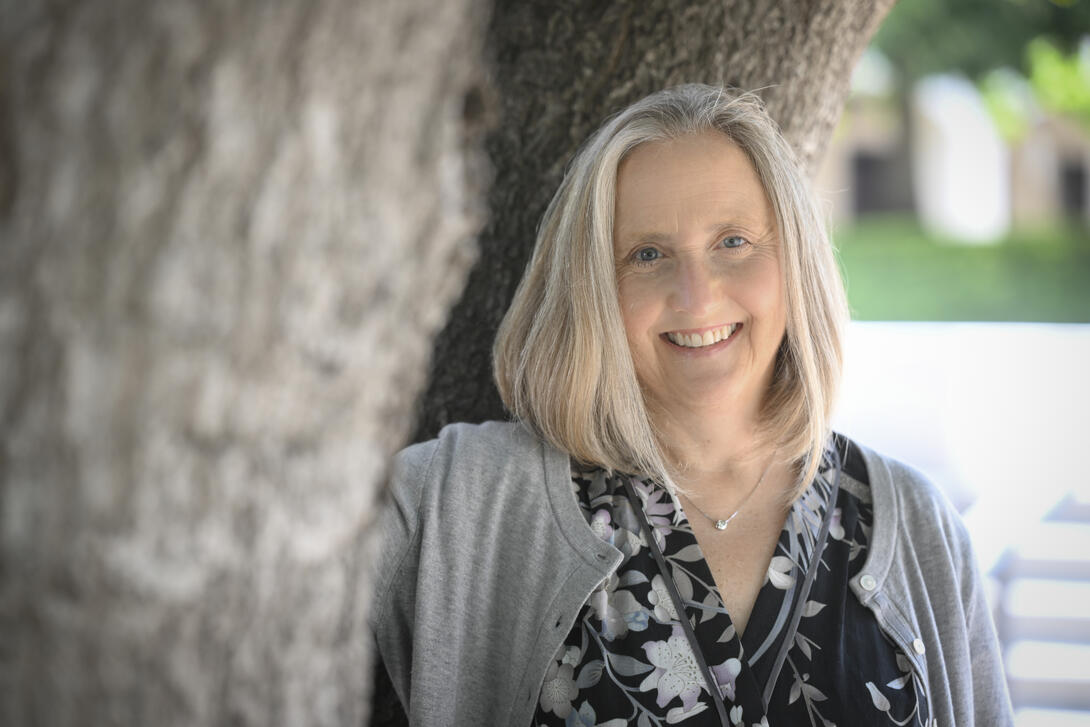
SoE Spotlight on Laura Wuethrich
Laura Wuethrich, Degree Progress Officer, Spotlight by Stanford School of Engineering
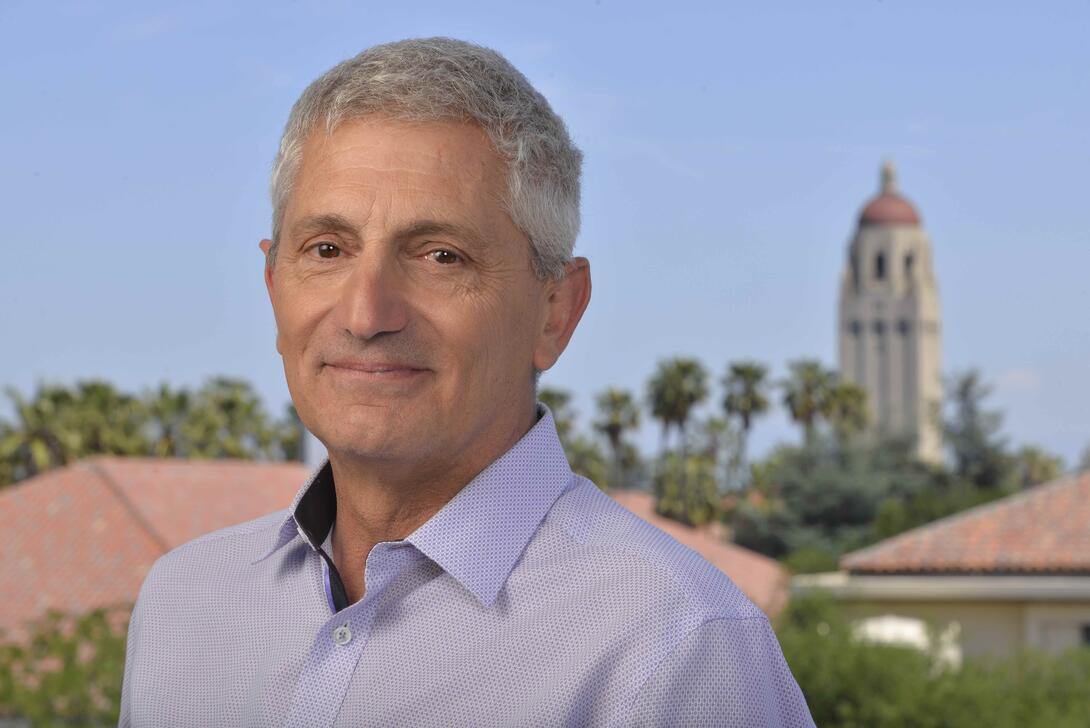
Stephen Boyd, PhD Awarded the Nathaniel B. Nichols Medal
Stephen Boyd, PhD Samsung Professor, Electrical Engineering Awarded the Nathaniel B. Nichols Medal
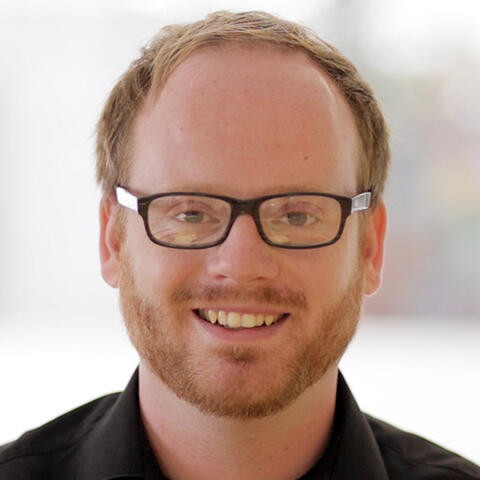
A leap toward lighter, sleeker mixed reality displays
Using 3D holograms polished by artificial intelligence, researchers introduce a lean, eyeglass-like 3D headset that they say is a significant step toward passing the “Visual Turing Test.”
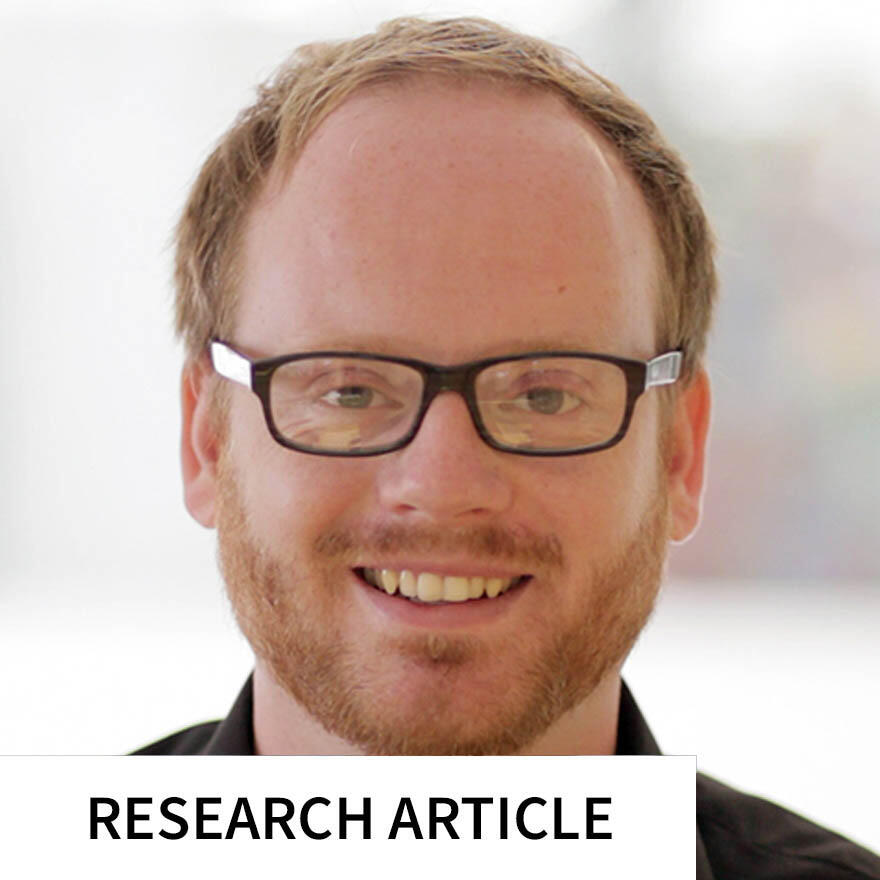
Synthetic aperture waveguide holography for compact mixed-reality displays with large étendue
Research Article: Gordon Wetzstein, et al. 28 July 2025. https://doi.org/10.1038/s41566-025-01718-w
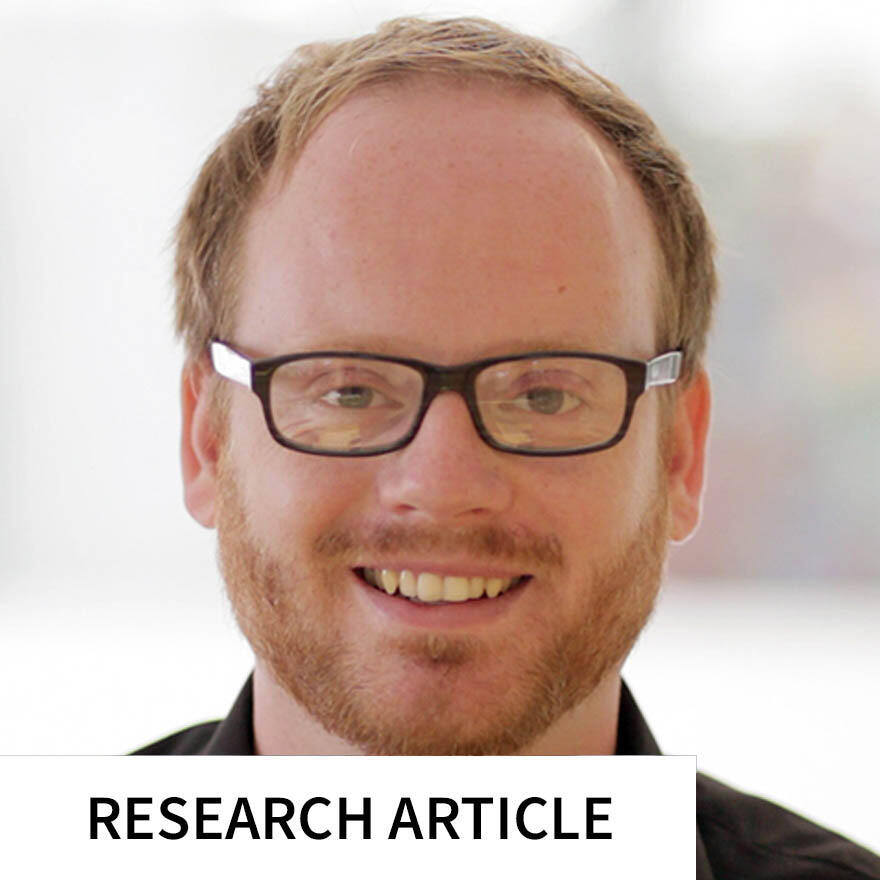
Scalable 3D reconstruction for X-ray single particle imaging with online machine learning
Research Article: Gordon Wetzstein, et al. nature.com, 24 July 2025. https://doi.org/10.1038/s41467-025-62226-7
